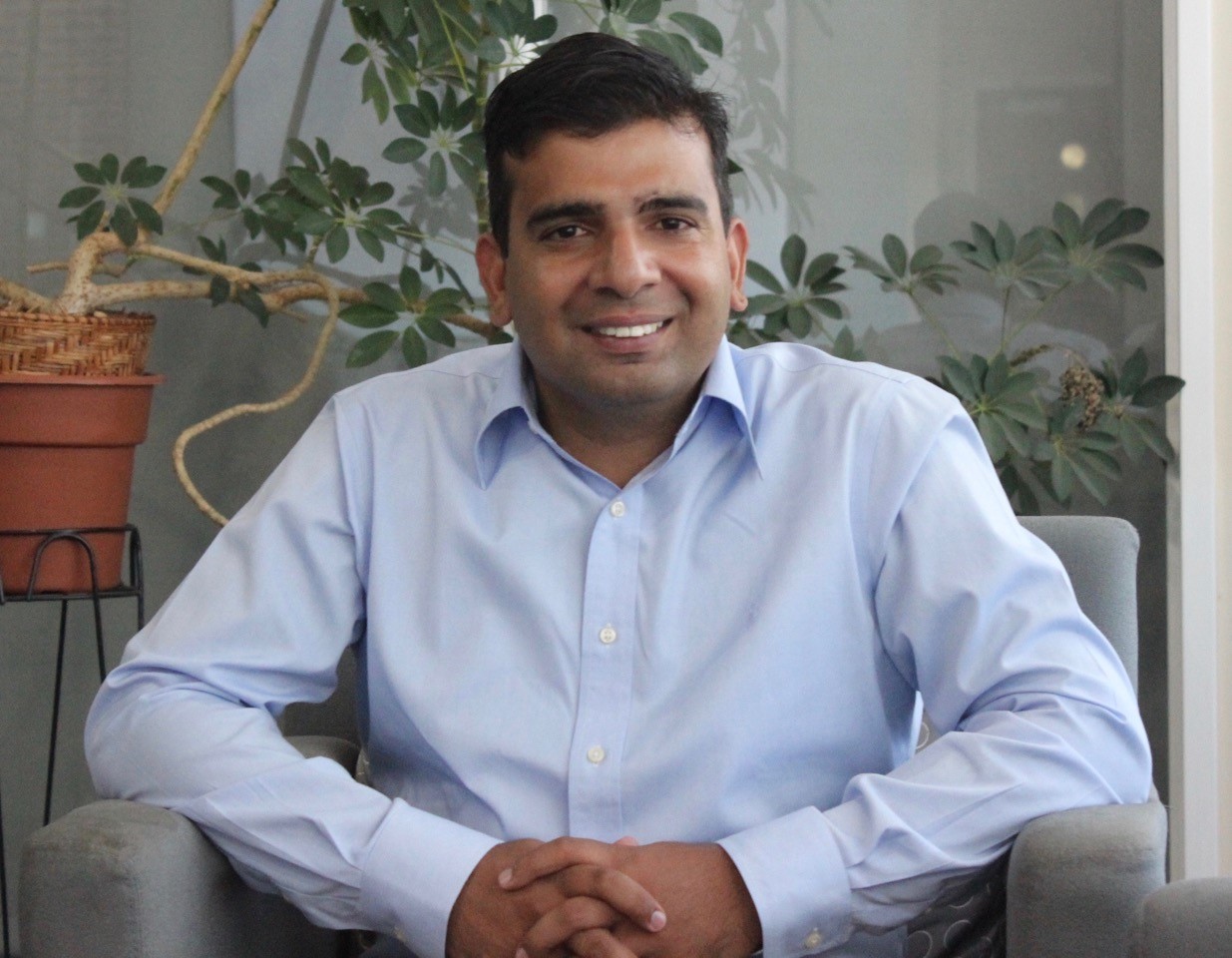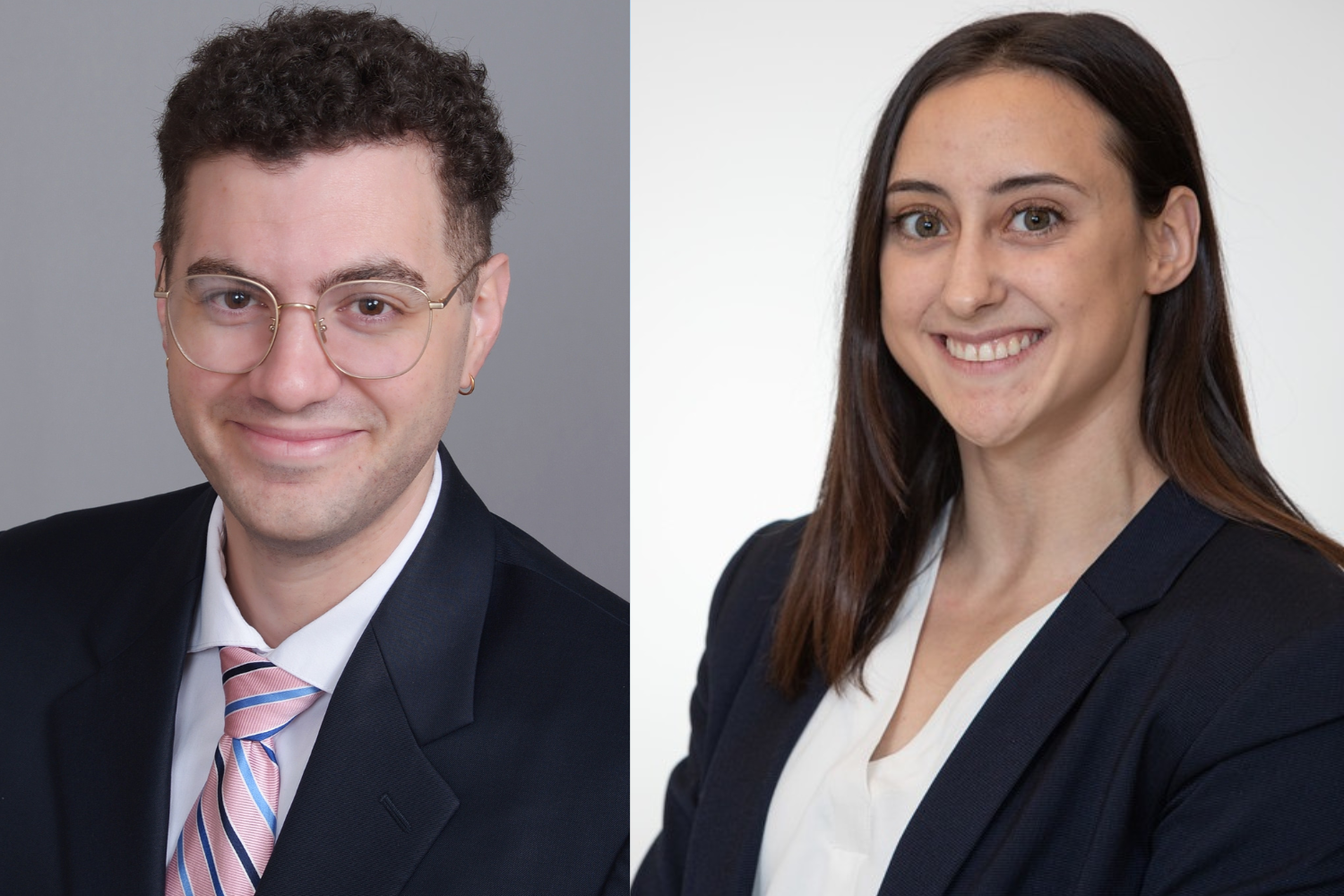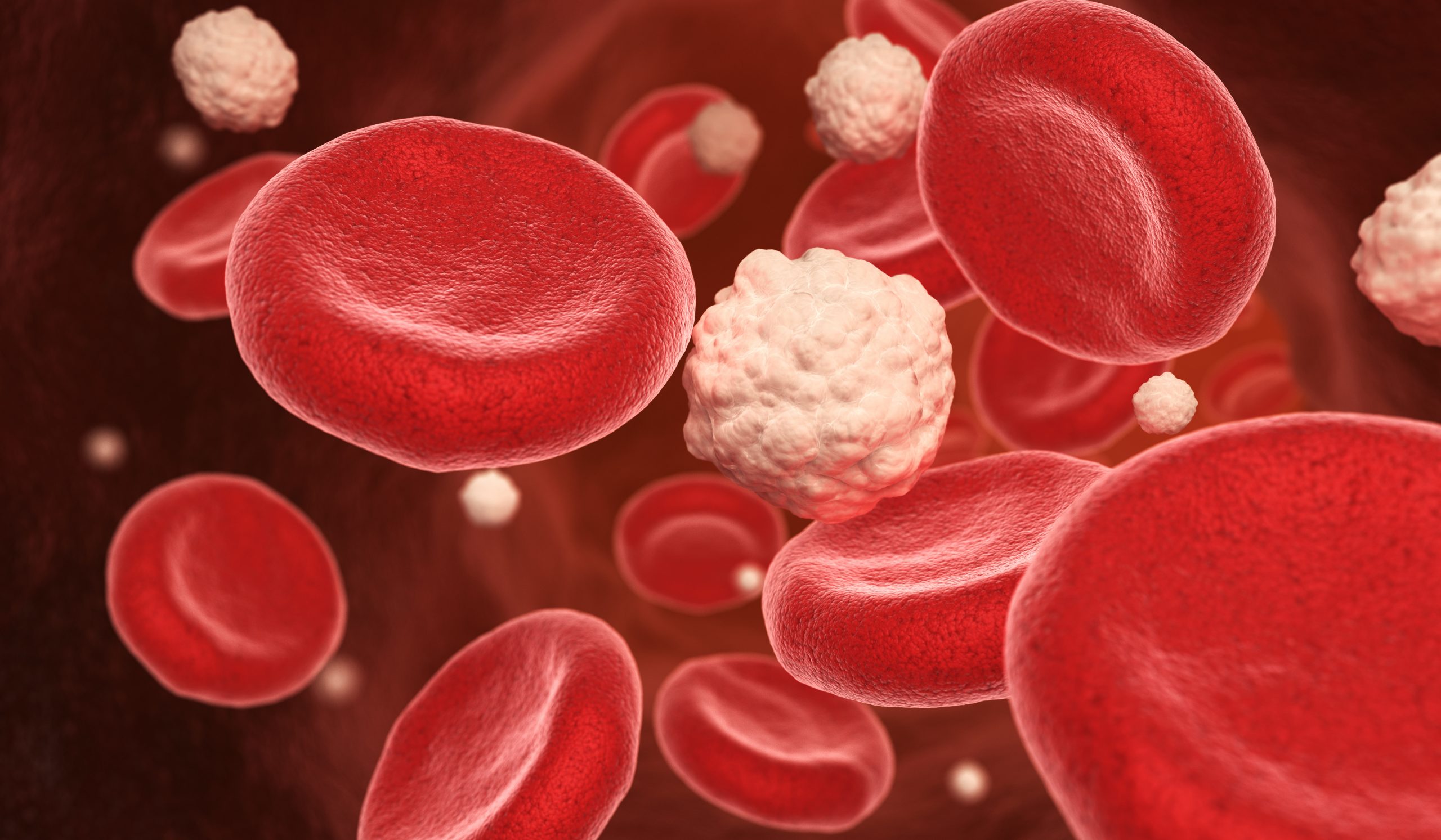The word ‘novel’ comes up frequently in conversation with Raman Bahal, Assistant Professor of Pharmaceutical Sciences. So does ‘interdisciplinary.’ But ‘collaboration’ probably wins the word count, because it’s the concept that’s nearest to his heart.

Listening to him talk – about his family in India and the subsequent academic journey that brought him to America – and it’s obvious that this is not a scientist who wants to isolate himself in an ivory tower somewhere. It may sound trite, but Bahal is a genuine team player who measures success by the number of people he can count on as colleagues.
A native of India, Bahal completed his Bachelor of Science degree in Pharmacy at Punjabi University, Patiala, followed by a Master’s in medicinal chemistry at the National Institute of Pharmaceutical Education and Research (NIPER), Mohali.
These early academic experiences first exposed him to the challenges inherent in drug discovery and development. But – because that’s who he is – Bahal viewed these challenges more as opportunities than hurdles, and he set out to gain the knowledge that would enable him to make inroads in the treatment of a multitude of confounding diseases.
As a Ph.D. student at Carnegie Mellon University, he worked in the lab of Dr. Danith Ly whose pioneering work in developing Gamma PNA molecules that can enter cells and bind to certain parts of a genetic sequence – thus altering the flow of information – holds great promise for the inhibiting the spread of cancer cells.
“I joined Dr. Ly’s lab as an organic chemist and then I received training in molecular biology and we collaborated with biological scientists at the University of Pittsburgh’s medical center. The thing I discovered about science is that it’s great to have an area of expertise, but unless you work in collaboration with others who have different strengths it’s impossible to discover something novel,” he says.
Following his work with Ly, Bahal started a post doc at Yale University in the therapeutic radiology lab of Peter M.Glazer, MD, Ph.D., centered on gene therapy and gene targeting. “Peter is a great mentor,” Bahal says, “and I was able to collaborate with a lot of people, including W. Mark Saltzman, Ph.D., founder of the Department of Biomedical Engineering at Yale, as well as with other researchers looking at gene editing for cancer therapy.”
A paper on in vivo correction of anaemia in β-thalassemic mice, in which Bahal was a lead author, was published in the journal Nature Communications. Another paper, on Micro RNA silencing for cancer therapy where he is second author, appeared in Nature .
In fact, the former research was cited by the Washington Post with the attention grabbing headline: New gene-editing trick discovered just in time for J-Lo’s ”CRISPR” TV Series, as well as in multiple other media outlets.
For Jose′ Manautou, Professor of Pharmacology & Toxicology, hiring Bahal is significant since it is the first since he became interim head of the Department of Pharmaceutical Sciences, and thus something of a milestone.
He cites Bahal’s strong foundational knowledge in various core areas of research that are emphasized in the department, including pharmaceutics, medicinal chemistry, cancer biology, drug delivery, and pharmaceutical technology, as the reason he was asked to join the faculty.
Manautou says, “Raman is a methodical researcher with a strong record of producing innovative research work of great quality. He joined UConn with a grant for $200,000 from the Connecticut Innovations Regenerative Medicine Research Fund to study the gene editing of hematopoietic stem cells for treating sickle cell disease. He is the principal investigator of this grant that he received when he was a postdoctoral fellow at Yale.
“Raman’s background and previous training in pharmacy is also a great asset that will serve him well in his role teaching in the professional pharmacy curriculum.”
As for Bahal, he says that he’s been equally impressed by the potential for scientific advancement in both industry and academia, but it was the opportunities presented by having his own research lab as well as the opportunity to work as a teacher and mentor that tilted the scales towards an academic career.
“I feel that by having my own lab where I can work with students, I will have the freedom to develop novel therapies to fight disease. I look back on my time in New Haven when I would walk through Yale-New Haven Hospital and see people waiting for cancer as well as other treatments — sometimes the patients were in tears — and that image is such a strong motivator for me to turn towards scientific research that I felt compelled to choose this course.”
As to what made him interested in the position at UConn, he says that was the easy part of the decision making process. It is the University’s commitment to interdisciplinary cooperation that made UConn stand out from the competition.
“Researchers from the School of Pharmacy, UConn Health, and other areas all work together and they are doing amazing things in the field of drug discovery and development,” he says. “And even though I’ve only been here since the start of the semester I’ve noticed how hard everyone works because they share the same goals. I think that’s why I already feel at home at UConn.”
Bahal lives with his wife, Anisha Gupta, Ph.D., a post-doc in the Department of Therapeutic Radiology at Yale and their two children in New Haven. On weekends, he can sometimes be found on the cricket field where he says he enjoys being part of a team. No surprise there!



